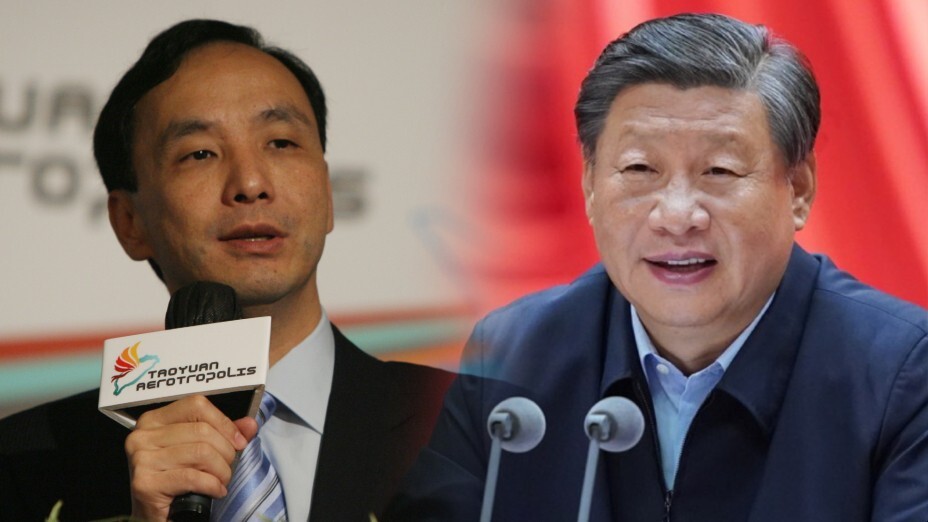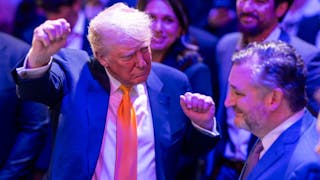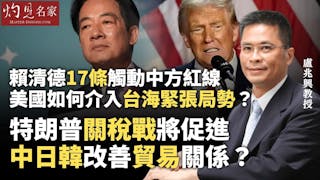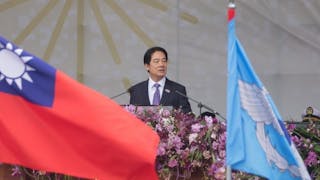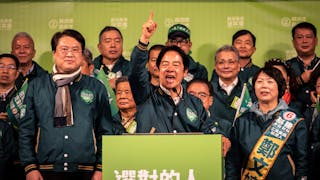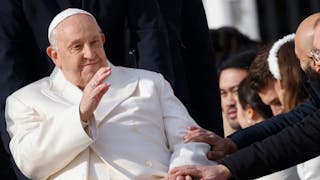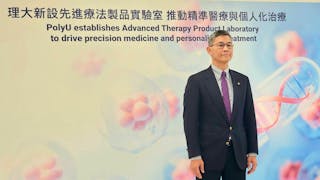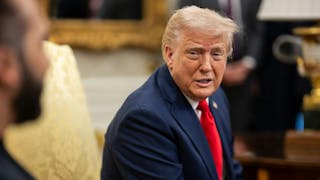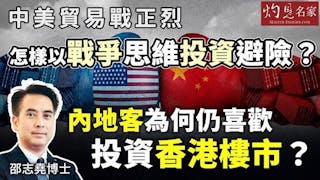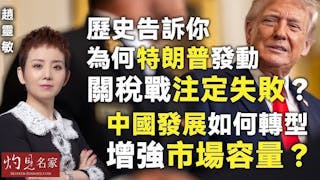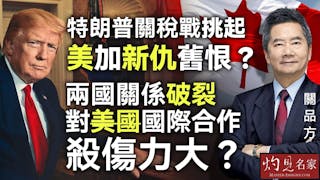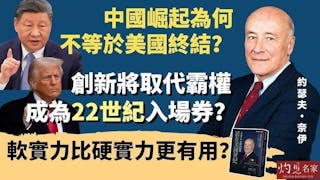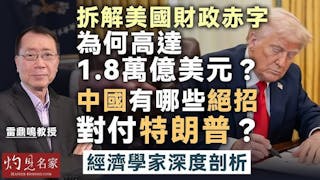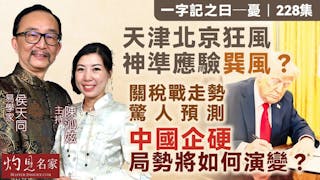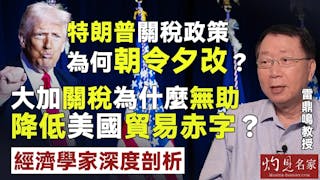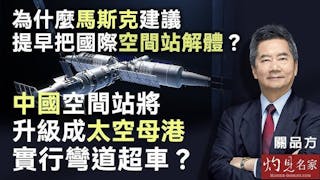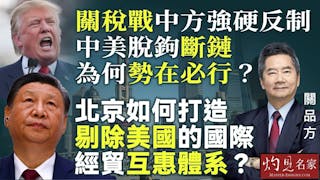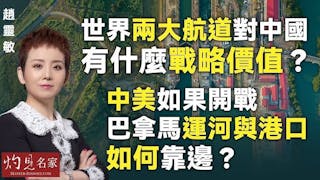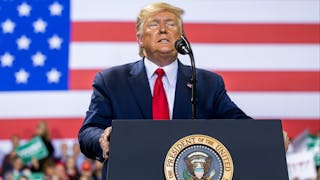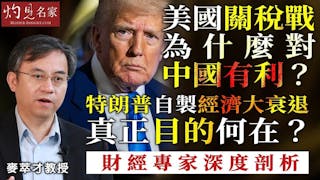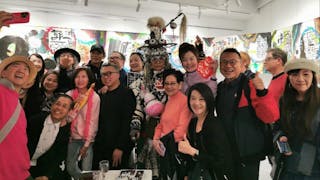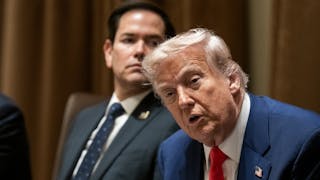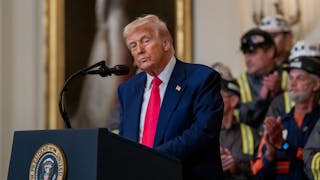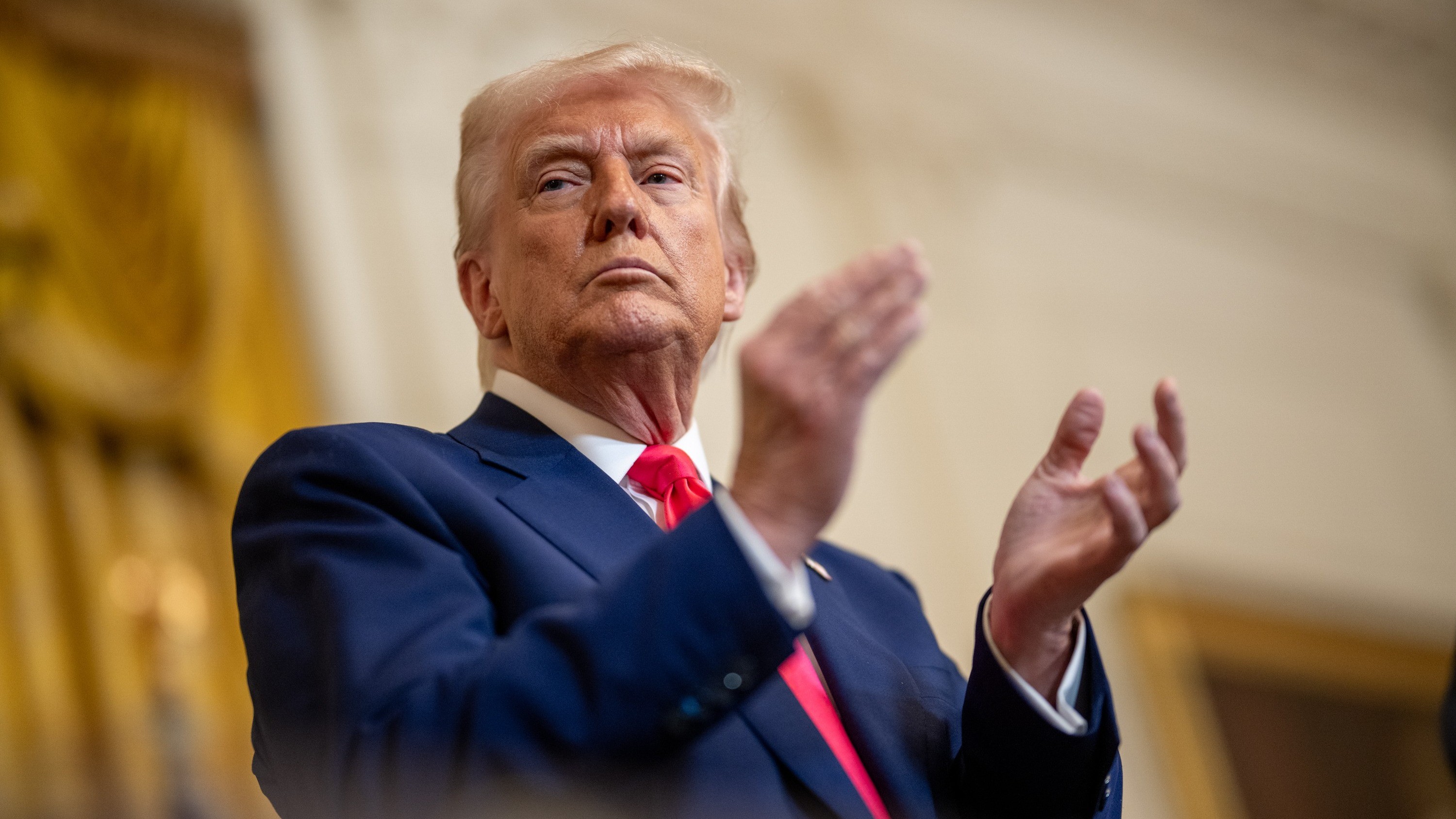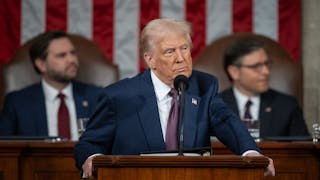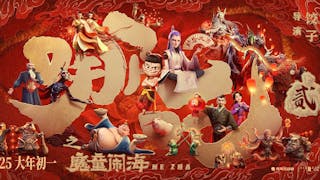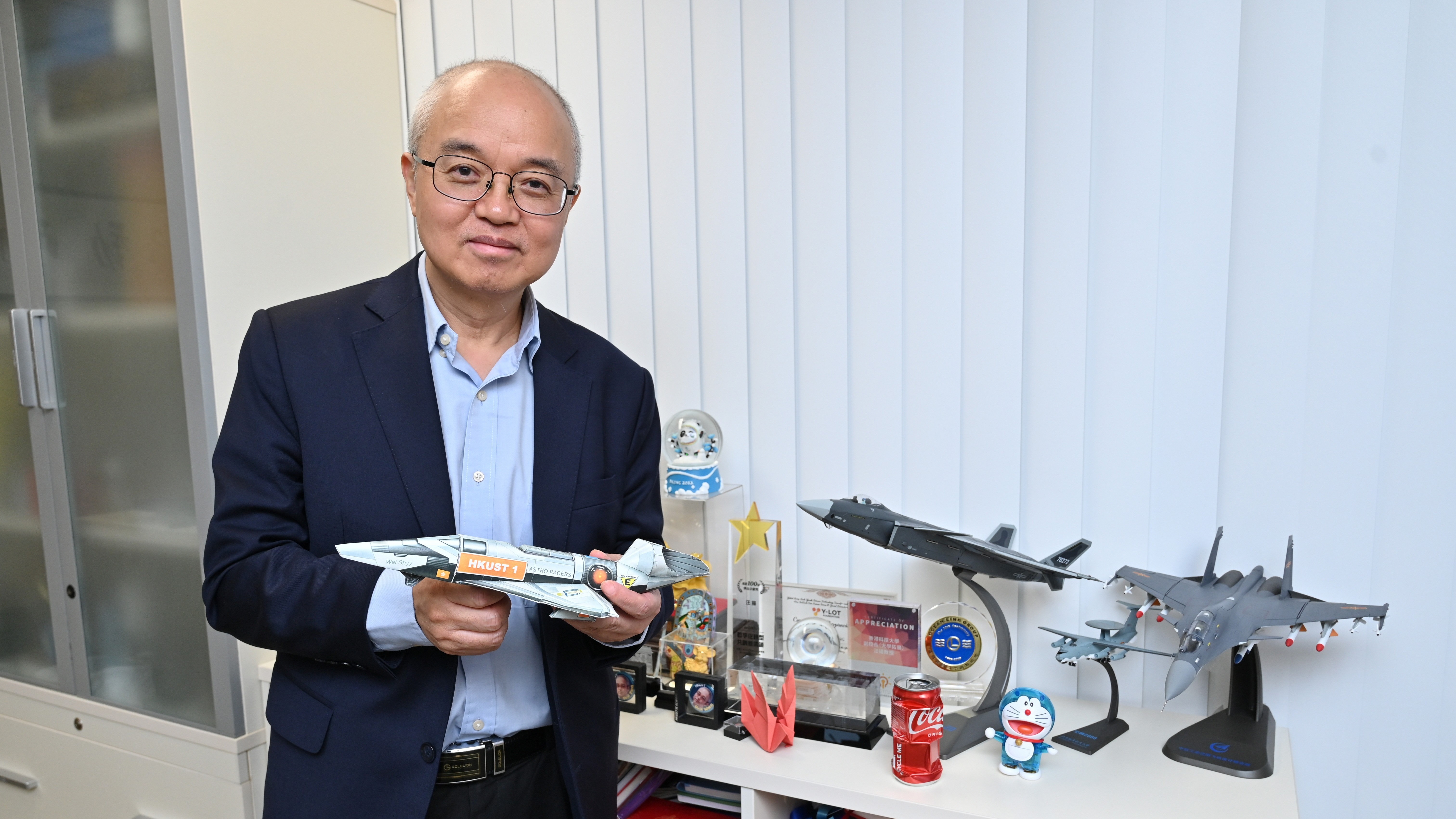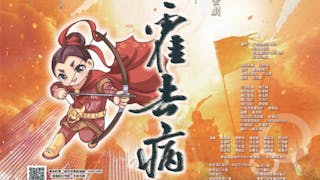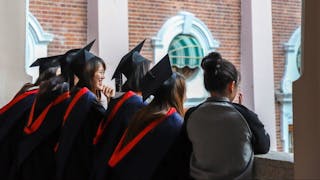中國共產黨領導人和國民黨領袖對1911年辛亥革命「先行者」或「國父」孫中山的不同解釋,表明中國共產黨和國民黨之間的分歧仍然存在,這對雙方如何在未來幾年彌合分歧,將產生重大影響。
習近平:中共是孫中山事業忠實繼承者
10月9日,中共中央總書記、國家主席、中央軍委主席習近平在辛亥革命110周年大會上發表重要講話,習近平首先讚揚孫中山是「偉大的民族英雄」、「偉大的愛國者」和「中國民主革命的偉大先驅」。
在習近平看來,孫中山不僅反對帝國主義和封建專制統治,而且積極領導革命活動,如成立同盟會;提出民族、民權、民生的三民主義政治綱領;推動了革命大勢的形成。
根據習近平的說法,在孫中山的領導和影響下,辛亥革命「促進了中華民族的思想解放,傳播了民主共和的理念,打開了中國進步潮流的閘門,撼動了反動統治秩序的根基,在中華大地上建立起亞洲第一個共和制國家」。
然後,習近平話鋒轉向中國共產黨與孫中山的關係,他強調,「中國共產黨人是孫中山先生革命事業最堅定的支持者、最忠誠的合作者、最忠實的繼承者。」
中國共產黨帶領中國人民「取得了新民主主義革命偉大勝利,建立了人民當家作主的中華人民共和國,完成了民族獨立、人民解放的歷史任務,開啟了中華民族發展進步的歷史新紀元。」換言之,中國共產黨已經成為實現和發展孫中山理想和抱負的合法繼承人。
習近平補充說,在中國共產黨的領導下,中國人民「創造了社會主義革命和建設的偉大成就」;「創造了改革開放和社會主義現代化建設的偉大成就」;「創造了新時代堅持和發展中國特色社會主義的偉大成就」。
習近平呼籲中國人民向孫中山學習如何成為「愛國者」。他表示,孫中山說過,「要恢復民族的地位,便先要恢復民族的精神。」換言之,孫中山想開拓一條適合中國的發展道路,這意味着中國社會政治必然與西方不同。
隨後,習近平在講話中談到中國共產黨通過弘揚愛國主義成功引導中國走上復興之路。他說:「新的征程上,我們必須大力弘揚愛國主義精神,樹立高度的民族自尊心和民族自信心,鑄牢中華民族共同體意識,緊緊依靠全體中華兒女共同奮鬥,堅持大團結大聯合,不斷鞏固和發展最廣泛的愛國統一戰線,廣泛凝聚中華民族一切智慧和力量,形成海內外全體中華兒女萬眾一心、共襄民族復興偉業的生動局面。」
習近平的這番講話,顯然是試圖合法化和鞏固中國共產黨在繼承孫中山政治抱負、完成孫中山對中國的願景和使命方面的作用。
孫中山:統一是全體中國人的希望
習近平又表示,孫中山說過:「『統一』是中國全體國民的希望。能夠統一,全國人民便享福;不能統一,便要受害。」他說,「台灣問題因民族弱亂而產生,必將隨着民族復興而解決。這是中華民族歷史演進大勢所決定的,更是全體中華兒女的共同意志,正像孫中山先生所說:『世界潮流,浩浩蕩蕩,順之則昌,逆之則亡。』」
他強調,以和平方式實現國家統一,最符合包括台灣同胞在內的中華民族整體利益。「我們堅持『和平統一、一國兩制』的基本方針,堅持一個中國原則和『九二共識』,推動兩岸關係和平發展」;「台灣問題純屬中國內政,不容任何外來干涉。任何人都不要低估中國人民捍衛國家主權和領土完整的堅強決心。」
值得注意的是,2016年11月11日,習近平在紀念孫中山誕辰150周年大會也講過「我們絕不允許任何人、任何組織、任何政黨、在任何時候、以任何形式、把任何一塊中國領土從中國分裂出去」,而這句話不時被香港一些傳媒引用。
習近平最後呼籲,「海內外全體中華兒女更加緊密地團結起來,發揚孫中山先生等辛亥革命先驅的偉大精神,攜手向着中華民族偉大復興的目標繼續奮勇前進」。
國民黨籲尊重孫中山創建中華民國事實
簡而言之,總之,兩岸統一的任務留給了中國共產黨和中國人民共同去實現,不難看出習近平講話對台灣的「統戰」意味。
有趣的是,新當選的國民黨主席朱立倫10月10日在國民黨中央黨部出席升旗典禮時簡短地致辭,有以下幾個要點:
一、他說,海峽兩岸應該相互尊重、交流,「兩岸都應該要秉持這樣的基本精神」。
二、他又說,「中華民國在動盪風雨中仍然屹立不搖」,國民黨永遠站在民眾的最前端,為台灣這塊土地而努力。
三、朱立倫說,「我們永遠都是中山先生的信徒」,要保衛自由民主,守護和平與繁榮。
四、他呼籲台灣民眾加入國民黨,為台灣、為捍衛自由民主而努力。
五、朱立倫也呼籲執政民進黨,不要只為了權力、權位,要永遠跟民眾在一起,必須尊重民意,不要扭曲中華民國的歷史。
此外,朱立倫在受訪時表示,兩岸交流的基礎是「求同存異」,他更希望進一步能夠達到「求同尊異」:雙方能夠相互尊重的第一個重點,就是要尊重孫中山創建中華民國110年的事實,中華民國存在的事實。他又說,堅持民主自由,是一切的前提:「中華民國絕對是反對台獨、反對一國兩制」。
客觀上,朱立倫對民進黨的批評較溫和。他呼籲大陸方面「求同尊異」,並在捍衛「自由民主」的問題上提出異議,與中方有分歧。國民黨和中國共產黨最明顯的區別是,前者拒絕任何一國兩制的模式,而後者卻堅持此一理念,並呼籲台灣民眾接受。
這樣的話,對未來幾年中共與國民黨的關係有何影響?第一,雙方要以「九二共識」為契機,加強對話與溝通;其次,大陸智庫必須提出解決台灣問題更具體的一國兩制解決方案,更何況一國兩制的形象,在台灣同胞眼中,已經被香港的事態發展給破壞了。
綜上所述,習近平和朱立倫各自對孫中山的解讀,具有重要的政治意義。在大陸執政的中國共產黨政治自信滿滿的當下,弱勢的台灣反對黨國民黨仍然堅持他們對一國兩制的看法,大陸智庫和台灣問題專家怎樣提出一國兩制台灣方案的細節,可以讓更多台灣同胞較以往更認真地考慮,仍然深具挑戰。
One Father, Two Interpretations
The different interpretations made by the leaders of the Communist Party of China (CPC) and the Kuomintang (KMT) on Sun Yat-sen, the father of the 1911 revolution, on October 10 showed that the divergent positions between the CPC and KMT persist with significant implications on how the two sides can bridge their differences in the coming years.
On October 11, an important speech was made by President Xi Jinping, who is also the General Secretary of the CPC and the Chairman of the Central Military Commission, on the 150thbirthday of the father of the Chinese revolution in 1911, Dr. Sun Yat-sen. President Xi firstly praised Sun as the “great national hero,” “great patriot” and “great precursor of the Chinese democratic revolution (Xinhua, October 11, 2021).” Sun, according to Xi, made huge contributions to China by not only opposing imperialism and the feudal system but also participating actively in revolutionary activities, such as the establishment of the Tongmenghui (Chinese United League) and the advocacy of the ideas of nationalism, human rights and the people’s livelihood. Under Sun’s leadership, according to Xi, the 1911 revolution could become successful. Moreover, Sun opposed the warlords who divided China into different parts and he “resolutely protected the national integrity and unity of the democratic and republican system.” Xi stressed that Sun Yat-sen “sincerely cooperated with the members of the CPC” to develop into a new ideology of collaborating with the Soviet Union, working with the CPC, and assisting the peasants and workers for the sake of reorganizing the KMT and promoting the success of the war against warlords. President Xi’s speech covered a lot of Sun’s achievements, including the slogan of “reviving the Chinese nation” and the principle of “constructing the Chinese revolution.”
Then President Xi turned to the connections between the CPC and Sun Yat-sen by emphasizing that the CPC is “the most resolute supporter” of Sun. The CPC is “the sincerest collaborator and the most loyal successor,” inheriting the incomplete enterprises of Sun by acquiring the revolutionary victory of the new democratic revolution, by establishing the People’s Republic of China (PRC) which treats the people as the “master,” by realizing national independence and the people’s liberation, and by continuing to lead the Chinese people to struggle and to set up a socialist system. In other words, the CPC has become the legitimate successor persisting in the Sun Yat-sen thought and enterprises.
Xi added that, under the CPC leadership, the Chinese people made tremendous progress in the path towards socialism – an achievement that astounds the world. China is, according to Xi, becoming far more confident than ever before to achieve the goals of developing the socialist revolution.
President Xi appealed to the Chinese people to learn from Sun Yat-sen on how they can become “patriotic.” Specifically, Sun Yat-sen, according to Xi, had “a high degree of national dignity and self-confidence without being outdated and without blindly believing in the West.” In other words, Sun Yat-sen wanted to carve a developmental path suitable to China, meaning that the governance of China’s society and politics must be different from the West.
Then President Xi in his speech shifted to the success of the CPC in guiding China toward the path of revival through the promotion of patriotism. He said: “We have to enhance the self-confidence in the path of socialism with Chinese characteristics, self-confidence in theories, self-confidence in system, self-confidence in culture so as to protect the path of socialism with Chinese characteristics and to build up our great country.” Xi appealed to the Chinese people to learn from Sun Yat-sen’s ideas of “treating the world as for everyone” and of concentrating on the energies of the people to build up the foundation of any enterprise. Then President Xi skillfully turned his speech to the role of the CPC, which “wholeheartedly” put the people at a high priority, which stands together with the people, and which promotes reform and development along the direction of common prosperity.
Clearly, the speech delivered by President Xi attempted at legitimizing and consolidating the role of the CPC in inheriting Sun’s political ideals and completing Sun’s vision and mission for China.
The think tank and drafters of President Xi’s speech quoted Sun Yat-sen’s hope that “China as a united nation is deep-rooted in the historical consciousness of China,” and that “national reunification” would achieve the well-being of the Chinese people. Therefore, President Xi added that “reunification” is the “basic interest of the Chinese nation,” and that “reunification is an irresistible historical tide.” He then appealed to the Taiwan comrades from any Taiwan party, group and individual to accept the “1992 consensus,” to oppose “Taiwan independence” and to achieve reunification. Reversely, China “does not allow any people, any organization or any party to divide the Chinese territory” at any time and at any format” – a quotation that interestingly was emphasized by some Hong Kong media.
Obviously, the drafters of President Xi’s speech made use of Sun’s vision, saying that China not only achieved it but also aims high at achieving world peace for the mankind.
The final section of President Xi’s speech was important as it appeals to all the Chinese people, including the mainland comrades, Hong Kong and Macau comrades, Taiwan comrades, and overseas Chinese to unite and to grasp the historical opportunity to persist in the enterprise of great revolutionary Sun Yat-sen.
In a nutshell, the task of reunifying Taiwan is left for the CPC and the Chinese people to realize and to cooperate. The ingredient of China’s united front work can be easily seen.
China’s official interpretation of Sun Yat-sen is therefore characterized by the emphasis on the CPC’s role in inheriting the legacy of Sun Yat-sen, its success in achieving Sun’s vision and mission for China, and its persistence in dealing with an incomplete vision, namely, national reunification. The entire speech delivered by President Xi Jinping was skillfully written and deliberately targeted mainly at the Taiwan comrades.
Interestingly, on October 10, the new KMT chairman Eric Chu delivered a relatively short speech on Sun Yat-sen’s 1911 revolution. Chu made several important points. First, he said that the two sides of the Strait should respect each other mutually, conduct exchange, and “protect freedom and democracy” – the “basic spirit” that should be held by the two sides (Liberty Times, October 10, 2021). Second, he said that the Republic of China (ROC) remains “standing without oscillation” amid turbulent winds and rains, and that the KMT stands in the forefront of the people to work hard for the land of Taiwan. Third, Chu said that “we are and will be forever the believers of Mr. Sun,” protecting freedom, democracy, peace and prosperity. Fourth, Chu appealed to the Taiwan people to join the KMT to work hard for the island and to protect its freedom and democracy. Fifth, Chu criticized the ruling DPP for the need to respect public opinion rather than “distorting” the history of the ROC instead of just doing things for the sake of maintaining powers and positions. Sixth, he said that Hong Kong as a place which got Sun Yat-sen’s ideas “shoulders a great burden” because of “the quest for basic universal suffrage (Liberty Times, October 10, 2021).” Seventh, Chu appealed to the mainland Chinese side to “coexist” with Taiwan while “respecting differences.” By respect, Chu referred to the need to respect “the existence of the ROC” and to “respect freedom and democracy.” Yet Chu added that “while the ROC is absolutely opposing Taiwan independence, it also opposes the ‘one country, two systems.’”
Objectively speaking, Chu’s criticisms of the ruling DPP was mild, but his appeal to the mainland side to “respect differences” and to harp on the same theme of protecting “freedom and democracy” shows differences with the PRC side. The most glaring difference between the KMT side and the CPC is that while the former rejects any model of “one country, two systems,” the latter remains adamant in using the concept to appeal to the people of Taiwan for reunification.
If so, what are the implications for the CPC-KMT relations in the coming years? First, both sides must use the 1992 consensus to strengthen dialogue and communications. Second, a more concrete solution on the Taiwan model of “one country, two systems” must be hammed out by the mainland’s think tanks, not to mention that the image of “the one country, two systems” has been undermined by the developments in Hong Kong from the perspective of many Taiwan comrades.
In conclusion, the ways in which President Xi Jinping and KMT chair Eric Chu interpreted Sun Yat-sen were politically significant. At a time when the ruling CPC in the mainland is politically self-confident, and at a juncture when the KMT as a weak opposition party in Taiwan remains adamant in its view toward the “one country, two systems,” it remains a real challenge for the mainland’s think tanks and experts on Taiwan affairs to hammer out the details of the Taiwan model of “one country, two systems” so that more Taiwan comrades will take the idea far more seriously than ever.
原刊於澳門新聞通訊社(MNA)網站,本社獲作者授權轉載。



